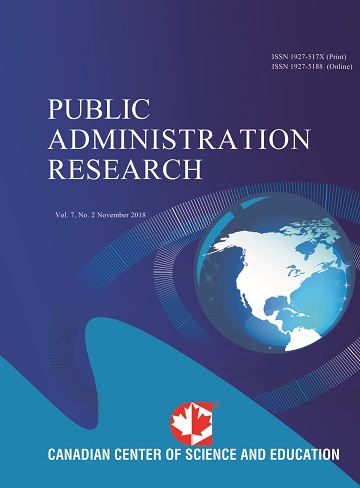Implementation of Tobacco Control Policies in Bangladesh: A Political Economy Analysis
- Md Mahmudul Hoque
- Riffat Ara Zannat Tama
Abstract
After ratifying the Framework Convention for Tobacco Control in 2004, Bangladesh enacted anti-tobacco laws, policies, and administrative measures. Evidence suggests that the progress so far has not been significant, and Bangladesh will most likely fail to meet its target to become tobacco-free by 2040. This study undertakes a national-level political economy analysis to explore the dynamics that affect the processes of required tobacco policy reforms and implementation. Based on a desk review of pertinent pieces of literature and key informant interviews, this research examines the political behavior of key individuals, institutional reform initiatives, and the government’s commitment to the tobacco control agenda. The findings indicate that the political will of becoming tobacco-free is explicitly present in key narratives. However, intra-government conflict of interests and incentives, the skewed commitment of government bodies, state-business nexus, incapacity of vital organizations, and the dubious role of key individuals and committees fail to translate this will into active implementation. The article concludes that the idea of tobacco control remains a strategic accommodation, and its implementation requires genuine commitment and wider public support. The government must confer adequate authority and resources to the national tobacco control cell and call for agencies to convene to the common of creating a tobacco-free Bangladesh.
- Full Text:
 PDF
PDF
- DOI:10.5539/par.v10n2p36
Journal Metrics
h-index (2017): 7
i10-index (2017): 6
h5-index (2017): 7
h5-median (2017): 13
Index
- COPAC
- CrossRef
- DTU Library
- EBSCOhost
- EuroPub Database
- Excellence in Research for Australia (ERA)
- Genamics JournalSeek
- Ghent University Library
- Google Scholar
- Harvard Library
- Infotrieve
- Jisc Library Hub Discover
- LOCKSS
- Mir@bel
- Norwegian Centre for Research Data (NSD)
- Open J-Gate
- PKP Open Archives Harvester
- Publons
- ROAD
- Scilit
- SHERPA/RoMEO
- Stanford Libraries
- Ulrich's
- UniCat
- Universe Digital Library
- UoS Library
- WorldCat
Contact
- Gabriel TaiEditorial Assistant
- par@ccsenet.org
